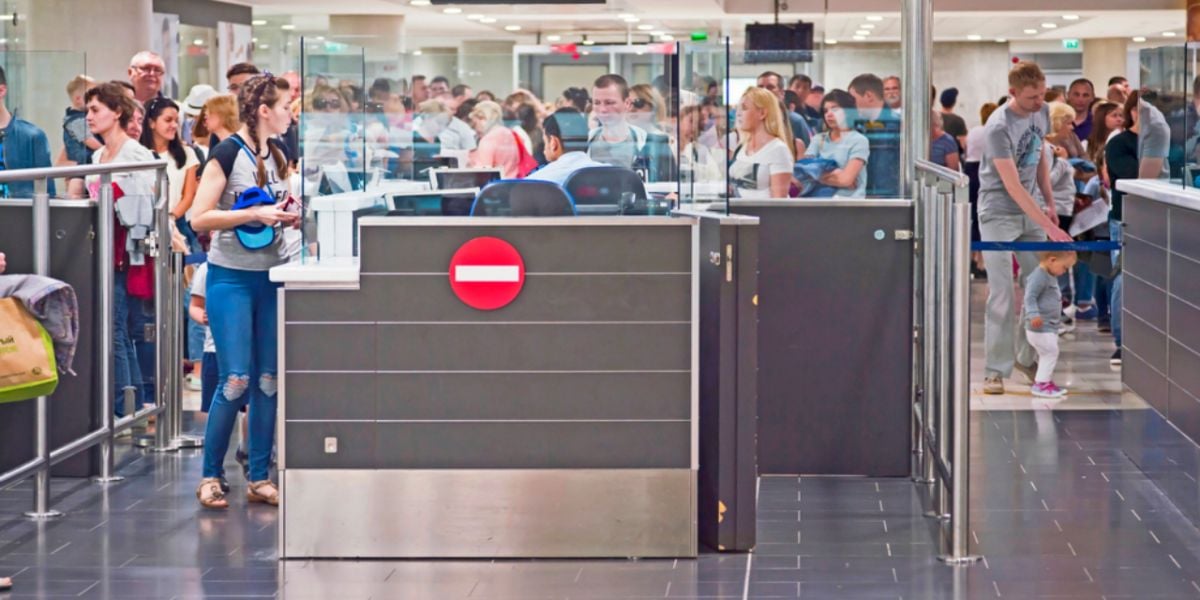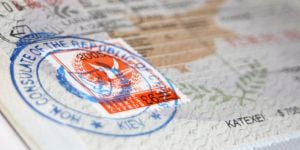
Despite being a small (and partly occupied) country, travelling to the island of Cyprus is quite straightforward. Located at the southwest corner of Europe, the Republic of Cyprus is a member of the EU and the Eurozone, making it extremely easy for EU/EFTA citizens to visit. If you are a third-country national though you may require a travel visa, so read on to ascertain what applies to your particular case.

Do you need a visa to travel to Cyprus?
If you are a national of the EU/EFTA or a holder of a Schengen area passport (Switzerland, Iceland, Liechtenstein, Norway) you don't need a visa to enter Cyprus. In fact, you don't even need a passport: you can travel with your national identity card ' as long as it is valid and it contains a photograph. Cyprus also has agreements in place with sixty countries around the world, which provide visa exemptions for visits shorter than 90 days. Check the list of 60 countries that don't need a visa for Cyprus, here.
Good to know:
If you have a passport issued from the 'Turkish Republic of Northern Cyprus' (TRNC), you should be aware it is considered illegal in the Republic of Cyprus, and you will be refused admission.
If your country is not one of the sixty featured on the visa exemptions list, you will need a travel or short-stay visa to enter Cyprus (you can check if you need a travel visa for Cyprus here). The procedure is straightforward, but there is ample documentation to be provided. Depending on your home country, this documentation may vary, but in general, you will need:
- the completed application form
- two passport photos
- a valid passport (note that it needs to be valid for at least three months after your visa expires)
- your itinerary of travel arrangements (i.e. you need to state when you are travelling, but you are not allowed to book your actual tickets before your visa is approved)
- a hotel reservation from the hotel you will be staying
- a letter of invitation from a Cyprus company, if visiting on business, or from your friends and family, if visiting for leisure. The letter must state their full address, phone number and profession.
- proof that you have the funds to support yourself during your stay in Cyprus (like a bank statement or a traveller's cheque ' cash is not accepted)
- If travelling for work, an official letter from your employer with proof of your salary, or from your accountant if you are self-employed.
- If travelling for studies, an official letter from the school or University confirming your admission and course dates.
Good to know:
The Consulate may ask for a Bank Guarantee letter from your bank to cover possible repatriation costs. This is usually the case for visitors from some Asian, Middle East and Eastern Europe countries, so you should consult with your Embassy or Consulate to find out if it applies in your case.
You need to apply for your short-stay visa in person, at your nearest Consulate. If there is no Consulate within a 300-kilometre radius, you may submit your application via a recorded special delivery envelope.
Customs in Cyprus
The type and amount of goods you are either forbidden from bringing with you to Cyprus or need a special permit to carry is quite thorough. Apart from the usual items such as firearms and narcotics, you should be aware that in Cyprus you also need special licences from the Veterinary Department to bring honey and other bumble bee products with you. There are also restrictions when it comes to bringing films, as they need to be on the 'approved' list of the Ministry.
Check out the full list of forbidden or restricted goods here.
Good to know:
Since some areas in Cyprus are still occupied by Turkish forces, entering the country through these parts is considered illegal, and you may face the consequences if you do so. The legal points of entry to Cyprus are the Larnaca and Pafos airports, as well as the Larnaca, Lemesos, Latsi and Pafos ports.
Useful link:
We do our best to provide accurate and up to date information. However, if you have noticed any inaccuracies in this article, please let us know in the comments section below.








